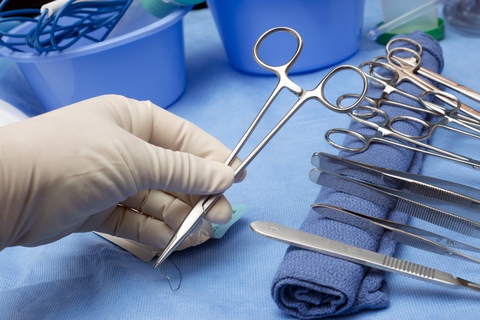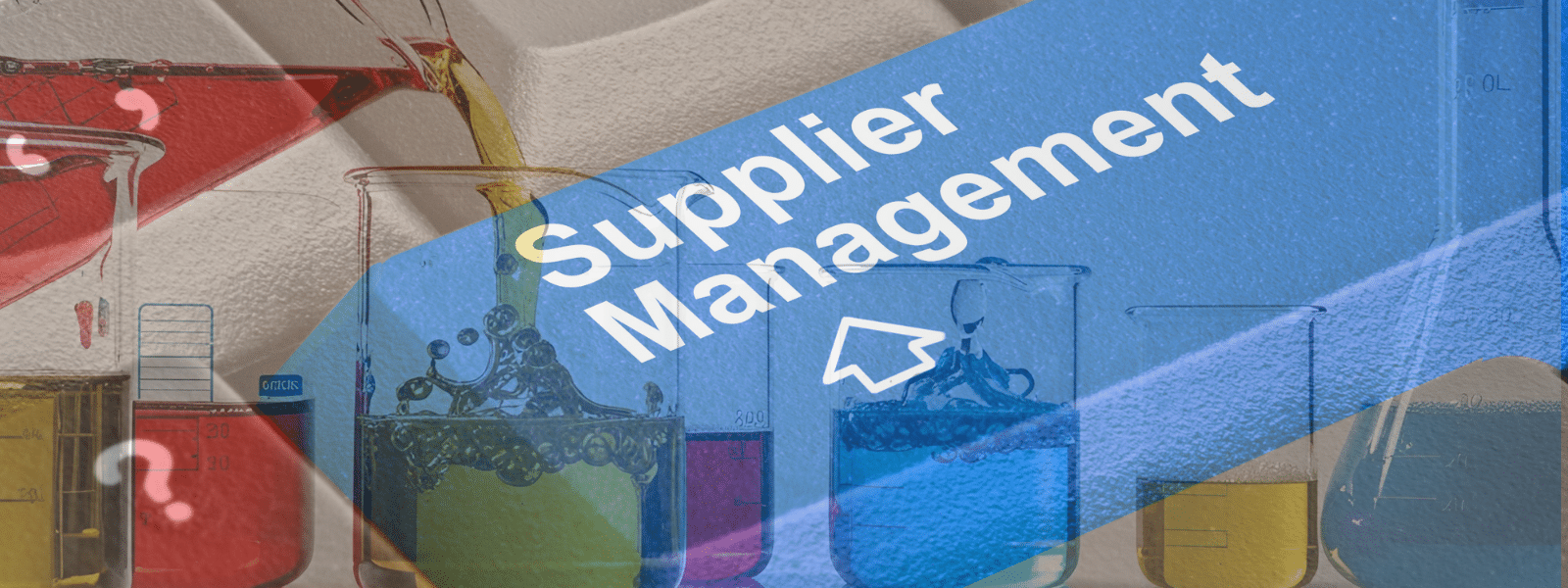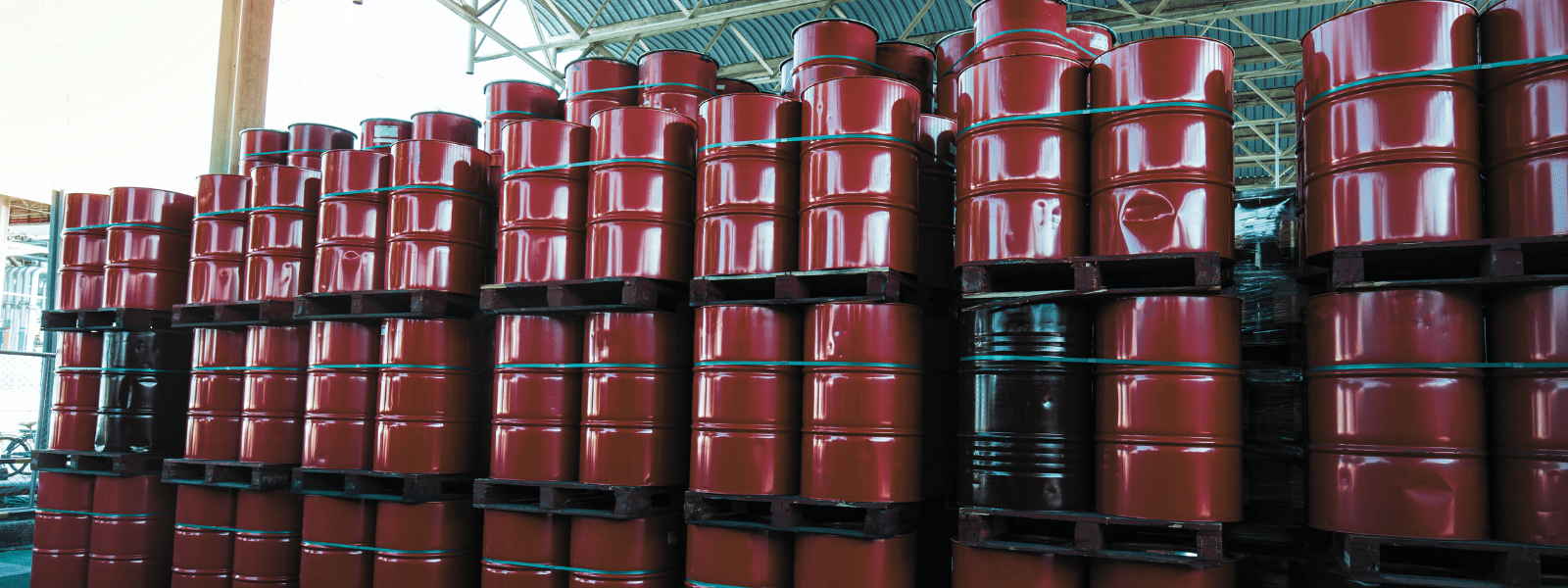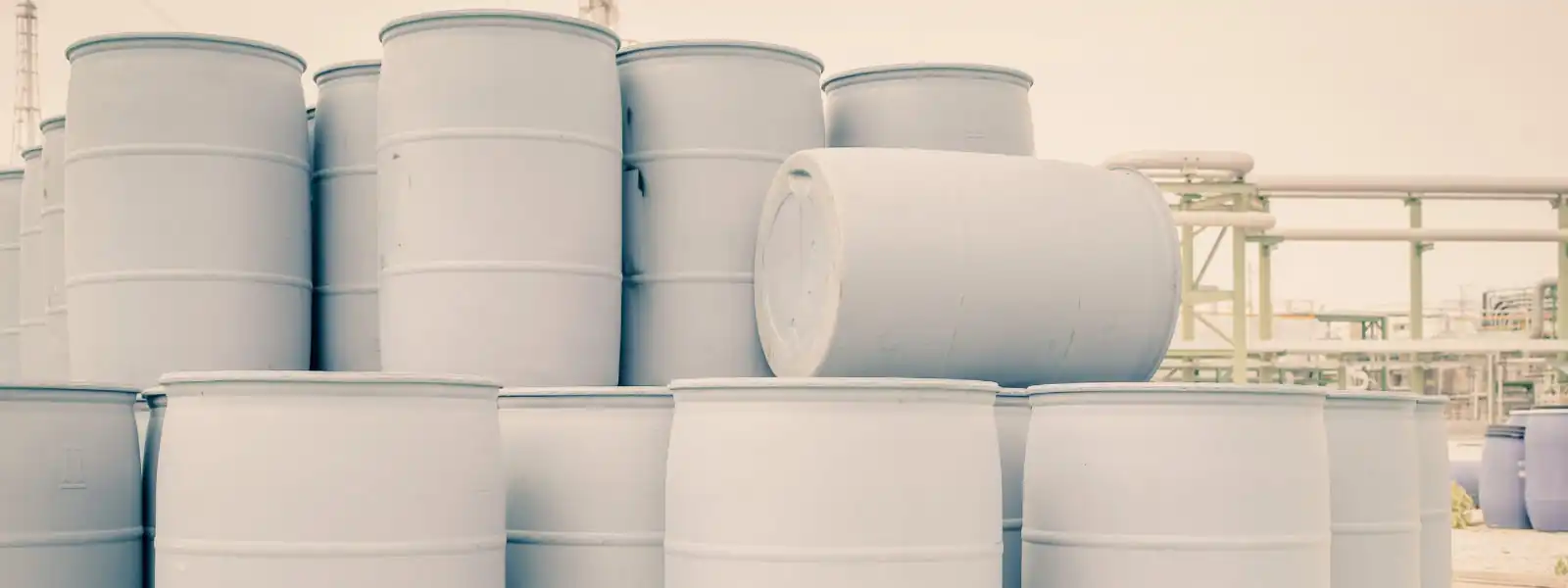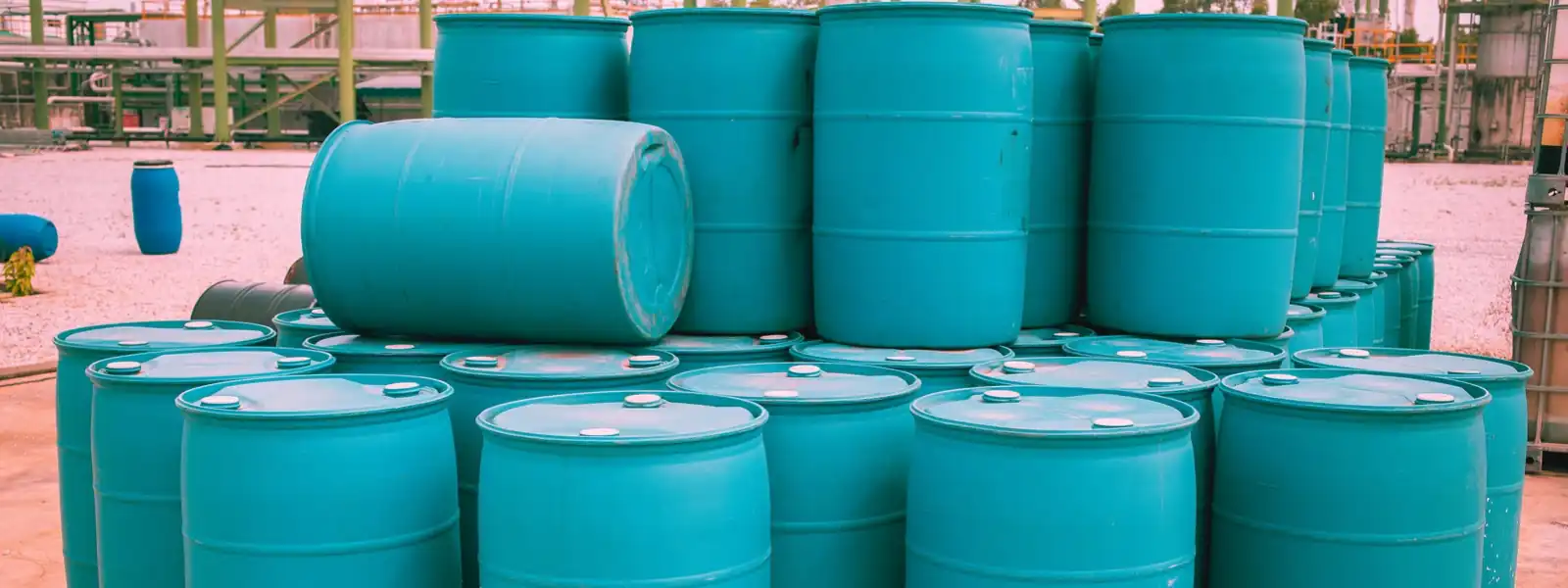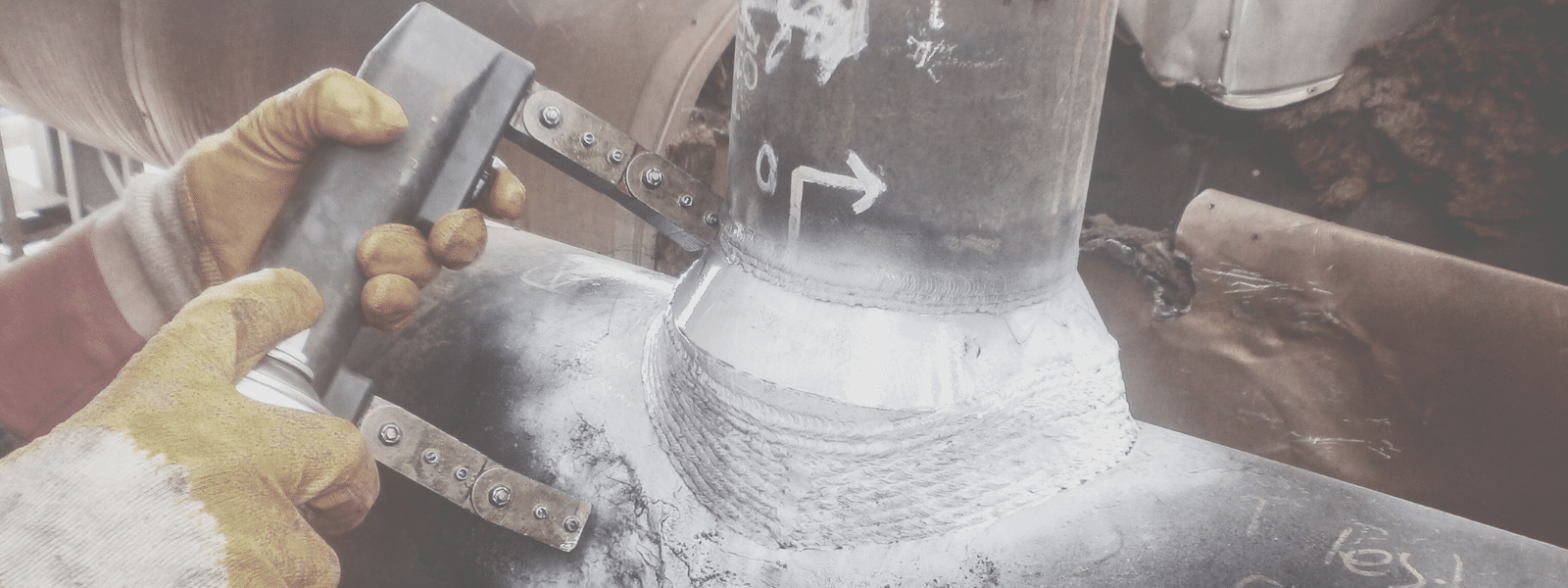When it comes to surgical instrument cleaning, the Center for Disease Control (CDC) states using a pH neutral detergent solution is most optimal because these types of solutions usually provide the best compatibility between the two entities, and offers the best method of soil removal. Enzymes are sometimes added to the solutions to improve the removal of organic materials form the instrument. Enzymes will attack harmful buildup on surgical instruments, such as proteins – which can come from blood and pus – which make up a giant portion of the harmful particles commonly found on these instruments. Cleaning solutions can have lipases – the active enzymes found in fats – and amylases, which are enzymes found in starches, to help enhance the cleaning process. Please keep in mind that cleaning enzymes are not disinfectants, because germicides can inactivate enzymes. In addition, enzymes must be rinsed from surgical instruments, as would any cleaning solution, or you risk the possibility of adverse reactions, including fever and sickness.
If you use enzyme solutions to clean surgical instruments, use them in accordance with the manufacturer’s instructions, which should include instruction regarding proper dilution of the enzymatic detergent, and address contact with surgical instruments, specified on its label. Neutral pH detergent solutions that contain enzymes are compatible with metals and other materials used to create surgical instruments, and are clearly the best option when cleaning delicate surgical instruments. Alkaline-based agents are used for cleaning certain medical devices because the agent efficiently dissolves protein and fat residues, but do carry a corrosive element, so one must be careful when cleaning with this method. Determining a superior cleaning solution is inconclusive, because some data proves that enzymatic cleaners are more effective than neutral detergents when removing microorganisms from the surface of surgical instruments, while recent contrary studies found no difference in cleaning efficiency between enzymatic and alkaline-based cleaners.
Although the Center for Disease Control mandates effective high level disinfection and sterilization for surgical instruments, there is no “real-time” testing that currently exist that can be placed in a clinical setting to verify effective cleaning. Having stated that, tests that can verify high level sterilization and disinfection of surgical instruments need to become commercially available to ensure, at the very least, an adequate level of cleaning. As it stands now, and until this gross lack of cleaning testing for surgical instruments is made available, at a minimum, all surgical instruments should be individually inspected and be visibly clean to prevent any chance of infection.





